Thank you
Your email has been added to our waiting list and we will send an invite to you as soon as possible. Thank you for your patience.
In the meantime, if you happen to run a blog, our newly launched Blog Enhancement Suite can utilize the immense power of community to help you get more audience, engagement, content, and revenue with your own embeddable community! It will breathe new life into your blog and can automate many of the tedious tasks that come with the territory, so you can focus more on what matters most... writing.
Help spread the word about Snapzu:
Let others know about Snapzu by tweeting about us. We appreciate every mention!
Tweet it!
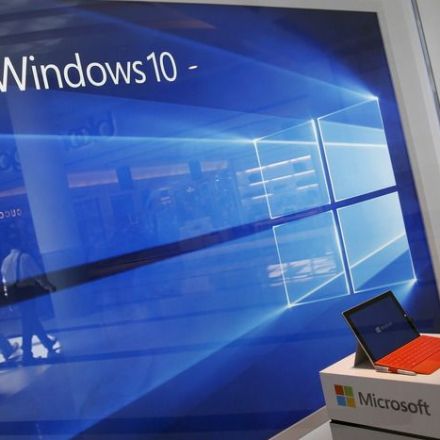























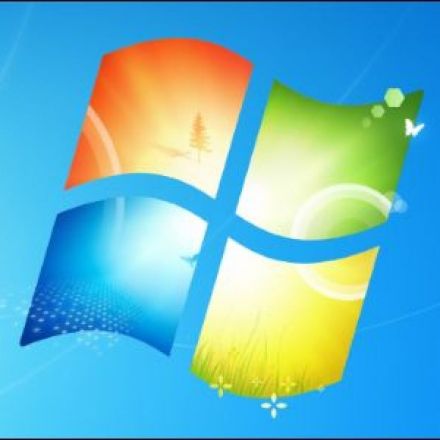
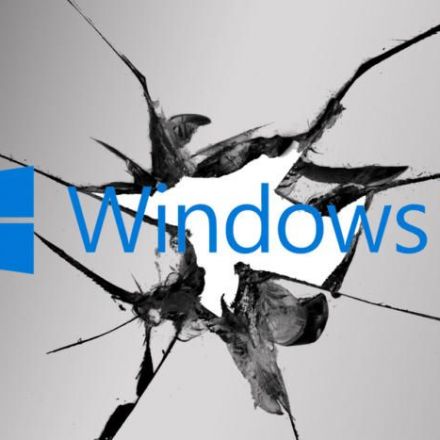
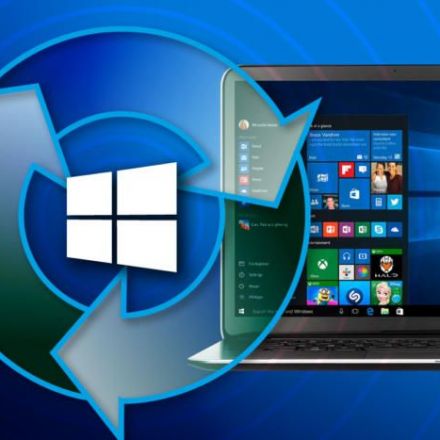
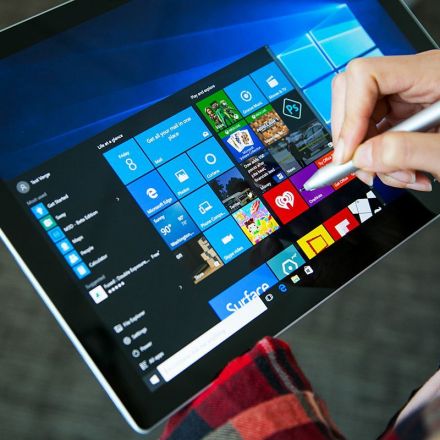
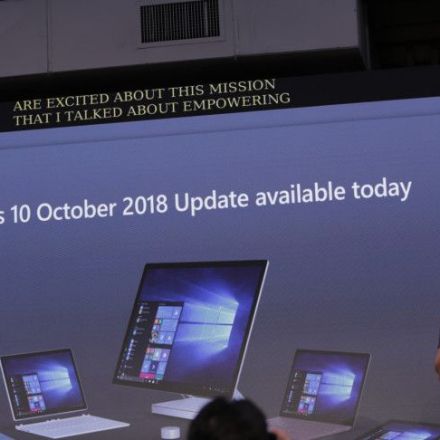
Join the Discussion
I'm curious to know how old the author of the article is.
Oh. I understand now.
Do you really think it's only older people that don't like using Windows? Plenty of young people choose Linux, Apple, and even older versions of Windows for a variety of reasons.
I'd actually expect older people to be more likely to use Windows. Linux became mainstream much later.
If you read to the end of the article, he uses Windows 7.
I was implying that old people are less likely to accept change, especially when it comes to technology.
He also uses Linux. I've used Linux for 13 years as my main OS.
Like a Man should. On an IBM System/360 Model 195 running largely on Wangco 9-track tape drives via a DecWriter II terminal over an Anderson Jacobson acoustic coupler modem at 55 baud on fanfold paper, eating bacon and drinking the Middleton.
Is there an effective, ideologically-correct way to prevent Windows 7 from being updated to Windows 10?
Effective? Last I heard the system changed so often that every 'effective' solution was obsolete a few weeks later. Like people would change settings, and then it would change them back, or they'd use host files, and then MS would change the IP/domain, so idk anymore. I think a lot of people have actually kind of given up, which is what they were going for I guess.
The author, a regular Snapzu denizen and veritable fixture, implies a way.
I mean I'm on linux, ubuntu specifically, and we get an LTS (long term support) version every other year that's supported a few years at a time, and then every half year a 'normal' version that's supported 9 months at a time. I think that's a good middle ground -- get the newer things in a less stable version, and a slightly outdated but stabler version every other year, that still receives security patches but maybe not all the newest flashy items. Plus "I don't know anyone who can" is a weird statement, imo. If the OS is updated properly and there's little to no flaws, why not bother updating? I guess an argument can be made that too much is switched in too short an amount of time.
worthless advice. You know what you're getting, which is a decade old OS that doesn't receive the upgrades it should. There's plenty of good reasons to hate win10 (or to switch over to linux, come join us at /t/linux!) but the issues in the article are close to worthless, and won't convince anyone who's on win10 to switch, it just panders to those who stick to win7.
Yeah, if.
It's Microsoft. Every update is another round of users being beta testers.
Fair enough, I honestly haven't used windows much since win7, and then it was sparingly. Although if that's the case then it sounds like the thesis of the OP should be "beta testing is a wreck on win10" and not that it's some inherent flaw in the OS - it's just the approach to the OS and how it's rolled out.
When the OS forces major updates as Microsoft, and now Apple too lately, do, that’s a distinction without a difference. Really, it’s just kind of them to let us store their machines for them. They decide if it’s time for a ‘Restart and Update’ and if we’re in the middle of open-heart surgery, we should reread our licensing terms.
It's a pity I think. I started using linux before this blatant "you don't control your own PC" business, and I'm glad, looking back at all that's happened with win10. Honestly I don't quite understand why they would do it -- it kind of makes sense for a home user, especially considering how atrocious most people were at updating their system in win xp and beyond, but surely MS knows that they have tons of customers that are businesses or actually need their systems working when they're using them? I've had projects in uni that were stalled because someone had to wait two hours for their PC to update before they could continue.... I would be more understanding if it was a quick 5 minute procedure, but the incredibly long times coupled with the lack of control are baffling.
It's impossible to get someone to understand if their ability to spy on and control you depends on them not understanding it.